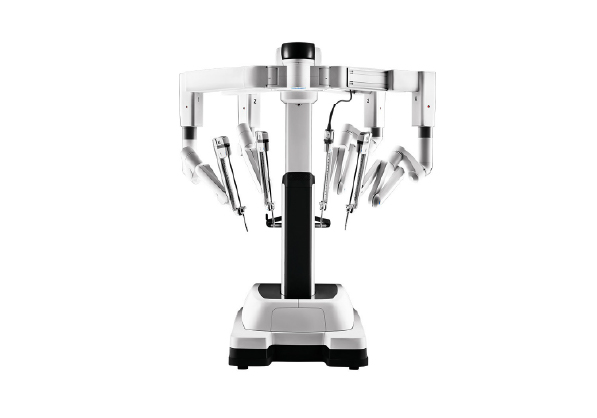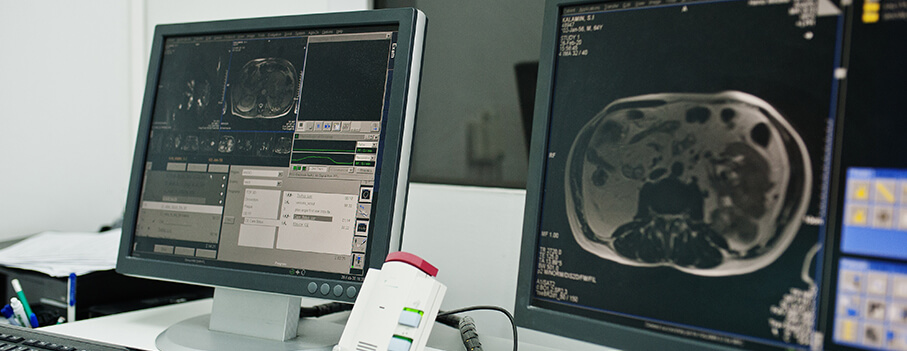Videos
Blogs
Gynecological Malignancies
When cancer starts in a woman’s reproductive organs, it is called Gynecological Malignancies.
Causes:
Each gynecologic cancer is unique, with different signs and symptoms, different risk factors and different prevention strategies. All women are at risk for gynecologic cancers, wherein the risk increases with age. It is when gynecological cancers are found early that treatment is most effective.
Factors that increase the risk of gynecological cancer:
Risk factors vary with the types of gynecological cancer, generally including:
- Genetic mutations, including BRCA1 and others
- Family history of breast, ovarian, uterine or colon cancer
- Lifestyle factors such as smoking and those leading to excess body weight.
- Exposure to Diethylstilbestrol in the womb
- Viral infection such as Human Papillomavirus (HPV) infection
- Any cancer diagnosis, including patients in remission
Types of Gynecological Malignancies:
Browse through for more information on the specific types of Gynecological Malignancies we treat:
- Cervical Cancer: Cervical cancer is a type of cancer that occurs in the cells of the cervix, the lower part of the uterus that connects to the vagina.
- Ovarian Cancer: Ovarian cancer is a growth of cells that forms in the ovaries, which can multiply quickly and can invade and destroy healthy body tissue.
- Uterine Cancer: Uterine cancer includes two types of cancer:
- Endometrial Cancer develops in the endometrium, the inner lining of the uterus, affecting the entire reproductive system.
- Uterine Sarcoma is a rare disease that develops in the myometrium, the muscle wall of your uterus.
- Vaginal Cancer: Vaginal cancer is a disease in which malignant cancer cells form in the vagina to cause pain or abnormal bleeding.
- Vulvar Cancer: Vulvar cancer is a type of cancer that occurs on the outer surface area of the skin that surrounds the urethra and vagina, including the clitoris and labia.
The symptoms of Gynecological Malignancies are categorised as:
Ovarian Cancer:
Uterine Cancer:
Cervical Cancer:
Vaginal Cancer:
Vulvar Cancer:
Each type of gynecologic cancer has its own symptoms and signs, and our specialists do a thorough evaluation to diagnose each type. Learn more about our diagnostic tools and techniques for specific gynecological malignancies:
Five types of standard treatment used to treat gynecological cancers are:
Regaining the quality of life of a patient recovering from gynecological malignancies can be challenging. At Veritas Cancer Care, we aim to provide our patients with the utmost care and comfort they need during their treatment and remission and improve their quality of life as much as possible. Our team here is dedicated to our patients and, while cancer is a daunting illness, we provide you with all the help and hope you need to recover.
The oncological team at Veritas Cancer Care is headed by Dr Venkat P, a highly-trained surgical oncologist and robotic surgeon, with niche expertise in treating gynaecological malignancies. With over 22 years of experience, he has managed around 25,000 oncological cases and performed over 20,000 surgeries. Being one of the very few surgeons in the country highly trained in the latest treatment procedures such as robotic surgery, ERAS and fluorescence-guided surgery, Dr Venkat is a renowned surgical oncologist with various awards to his credit. Using robotic surgery, he has performed multiple complex gynaecological surgeries successfully. At Veritas, we guarantee you will receive prompt care and treatment in his safe and experienced hands.
Veritas Cancer Care is also one of the few cancer teams in Chennai to use the latest methods in gynecological cancer treatment. Headed by Dr Venkat P, we guarantee you will receive prompt care and treatment in his safe and experienced hands.






























